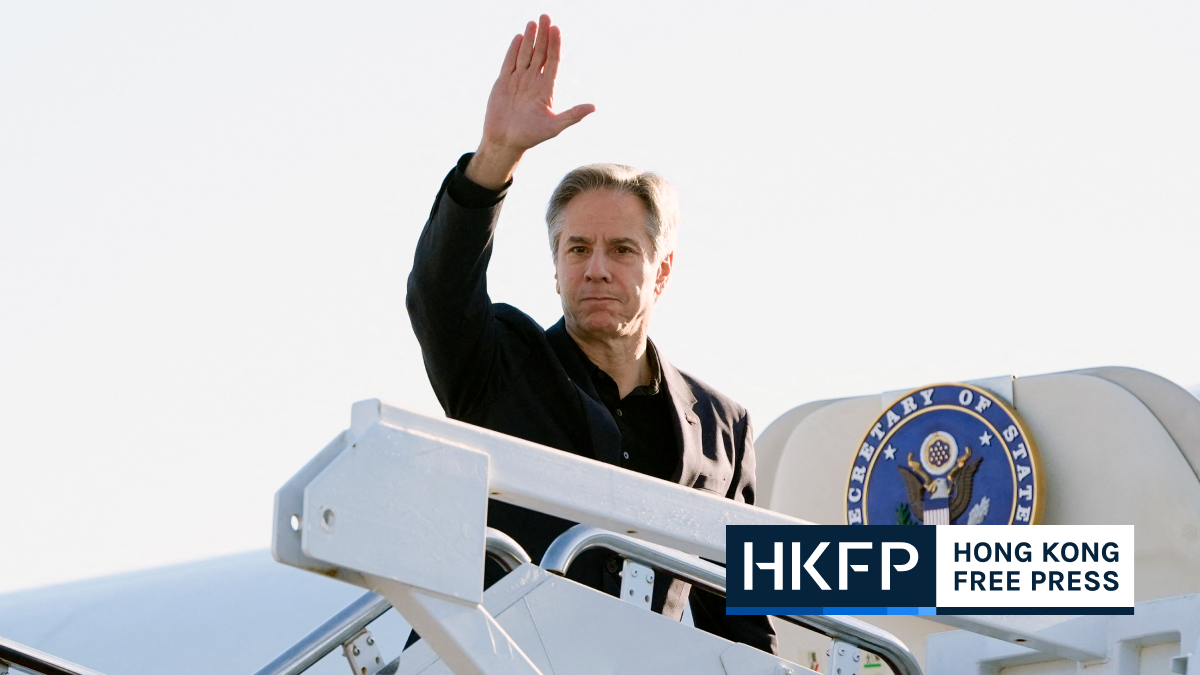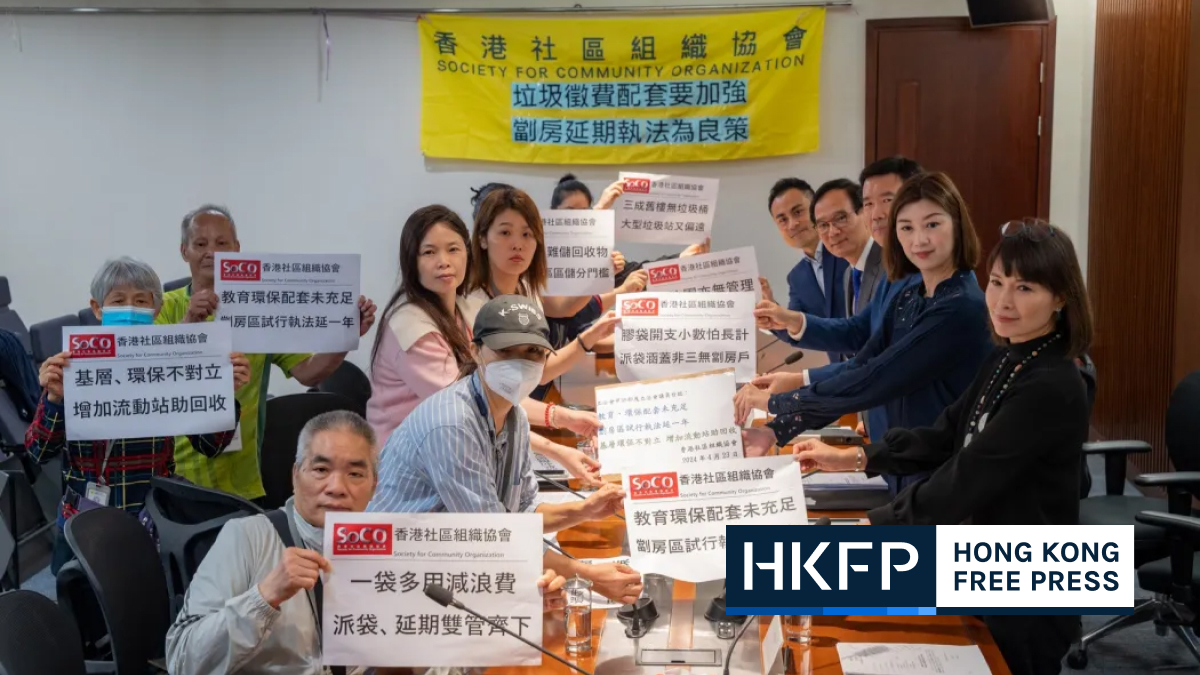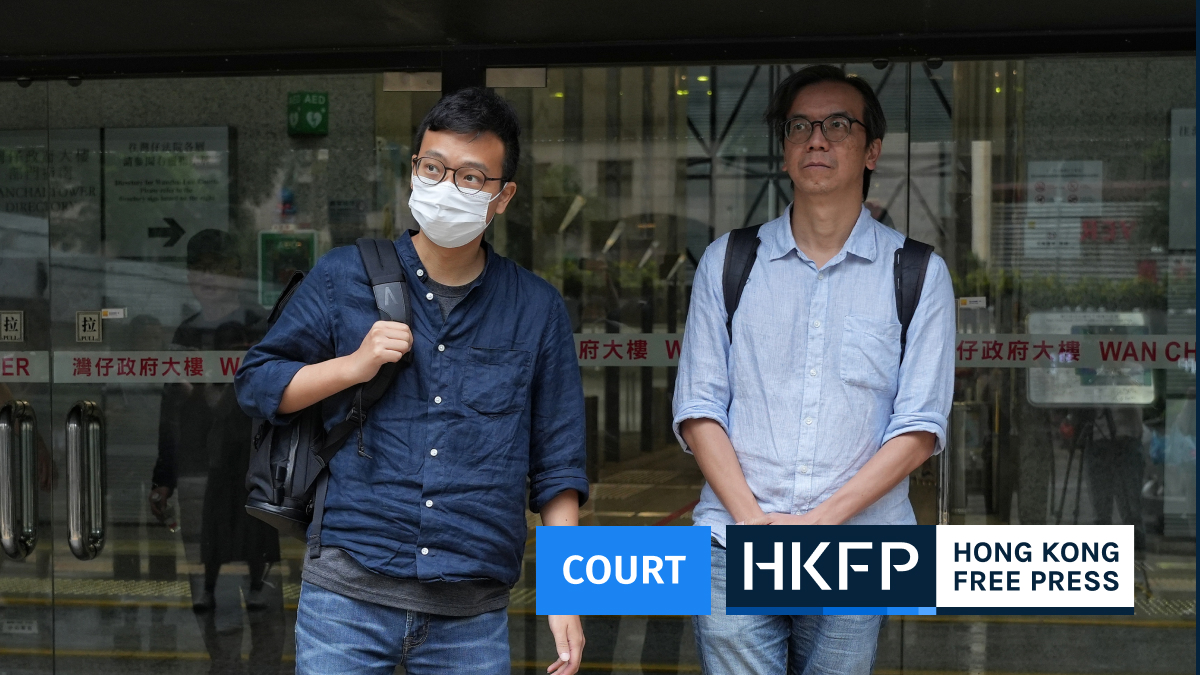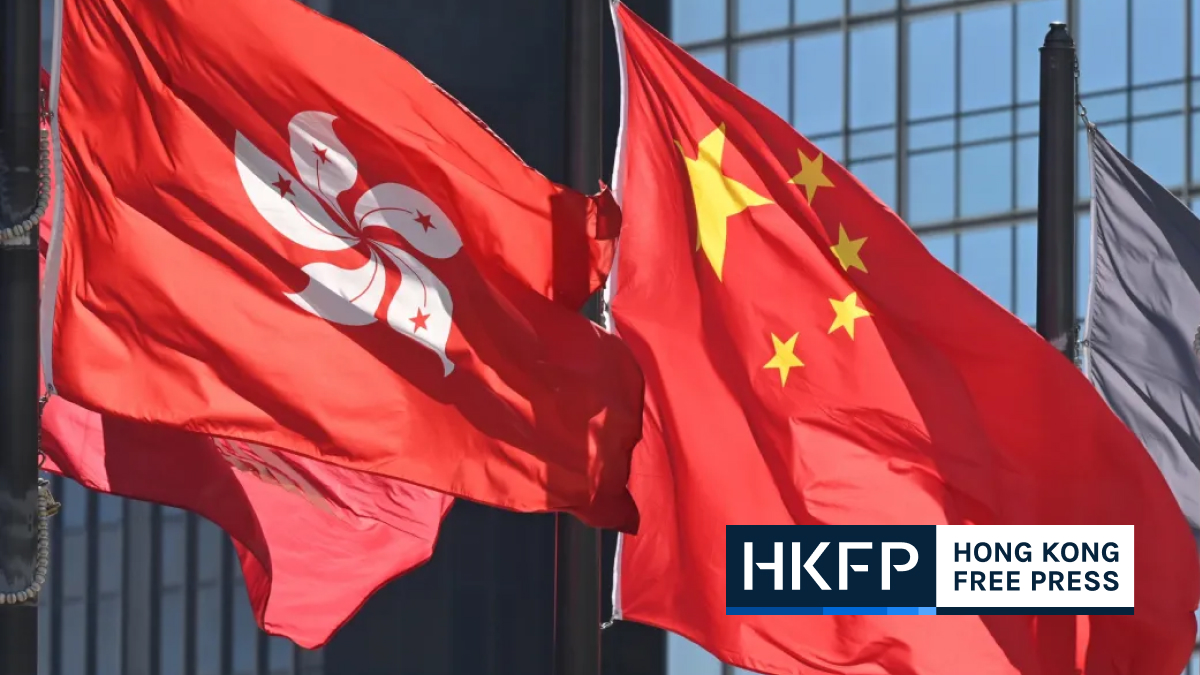By Poornima Weerasekara
China’s President Xi Jinping has his sights on domestic critics’ riches as a corruption crackdown gathers pace to consolidate his power and secure an unprecedented third term.
The anti-graft campaign has already taken down big-name detractors but experts say Xi will use the crucial months ahead of a key leadership summit this autumn to cement his grip.

“This period is the closest thing President Xi has to a campaign season and the graft probes and power games have already begun,” said Willy Lam, political analyst at the Chinese University of Hong Kong.
The ruling Communist Party is currently holding its annual parliamentary session — a week of highly choreographed meetings laying out policy for the year.
But the main event is the 20th Party Congress this autumn — a twice-a-decade conclave of top brass where Xi will likely be anointed leader again.
And China’s corruption watchdog has trained its sights on the cash lining pockets of critics inside the party.
Zhao Leji, head of the anti-graft agency and a staunch Xi ally, warned in January: “We will focus on investigating and punishing corruption… and cut the link between power and capital.”

Regulatory chiefs, insurance giants, security officials and financiers are just some of the bigwigs to recently face censure or prosecution.
The new phase of the campaign comes alongside a sweeping crackdown on China’s private sector.
“The focus is now on big companies whose patrons are party elders or princelings who do not see eye-to-eye with Xi,” Lam said.
“Princelings” are the children of powerful Communist Party founders who now hold top positions in government or business.
Xi — a princeling himself whose father was deputy premier under Mao Zedong — is trying to wrestle control from these vested interests.

“Earlier princelings saw Xi as just one of them,” said Lam.
“But now some have trouble accepting the fact that he has revived a Mao-style personality cult and closed the gates on orderly succession.”
Loopholes and links
Chinese politics — despite the facade of unity — is deeply factional with different groups vying for influence.
“Some princelings want to subvert state power and some not, some want leverage over the party, some not,” said Alex Payette, chief executive of consultancy Cercius Group.
Beijing’s focus on the relationship between business and party cadres was illustrated by the downfall of a former Communist Party chief in the city of Hangzhou — home to tech titan Alibaba.

Since late 2020, Chinese regulators have launched a wide-ranging crackdown on alleged anti-competitive practices by tech giants including Alibaba, which had a record-breaking IPO by its financial arm Ant Group pulled at the last minute.
Zhou Jiangyong is being investigated for corruption after allegedly taking pay-offs from unnamed companies and property as bribes, and had been charged with “supporting the disorderly expansion of capital”, the first time China has listed such an offence.
The same phrase was used by Xi when he announced the sweeping tech crackdown.
‘Common prosperity’
Xi is portraying his ruthless graft campaign — which has netted more than 1.5 million officials over the past decade — as an attempt to steer the country towards socialist ideals.
China’s rapid growth over the past four decades has led to yawning inequalities, and Beijing’s “common prosperity” drive launched last year promises to tackle that divide.
But disruptions caused by the political and economic crackdowns have ratcheted up the risks in the world’s second-largest economy. Nearly US$1 trillion was wiped off the value of the tech sector last year and the upheaval threatens to suck money out of the country.

“Many in the wealthy class already have foreign passports and will make an exit if the pressure becomes too great,” said Victor Shih at the University of California San Diego.
Others warn that the Marxist propaganda is just a veil to bring swathes of the economy under party control.
“The idea here is to take back large sections of the private sector on the cheap and to make sure data collection remains in the hands of the party,” Payette said.
“Of course, if Xi can, amidst all this, cut the revenue streams of (rivals), then it’s even better.”
Support HKFP | Policies & Ethics | Error/typo? | Contact Us | Newsletter | Transparency & Annual Report | Apps
Help safeguard press freedom & keep HKFP free for all readers by supporting our team

LATEST FROM HKFP
HKFP has an impartial stance, transparent funding, and balanced coverage guided by an Ethics Code and Corrections Policy.
Support press freedom & help us surpass 1,000 monthly Patrons: 100% independent, governed by an ethics code & not-for-profit.










